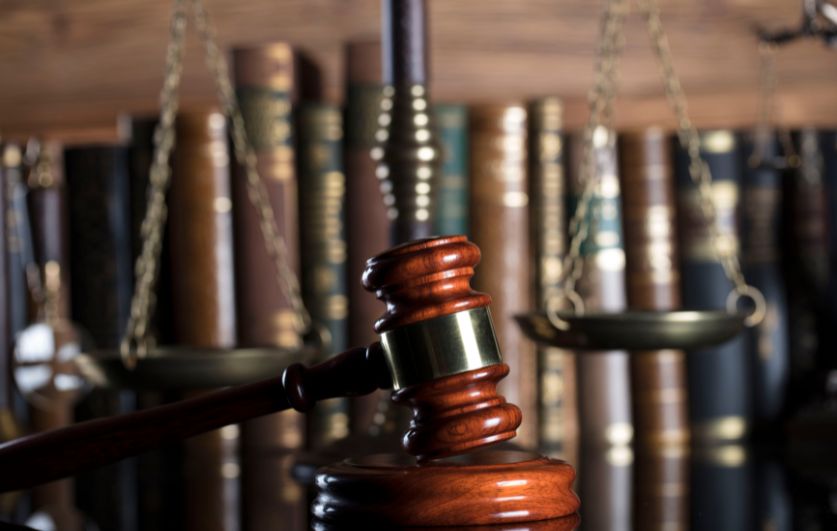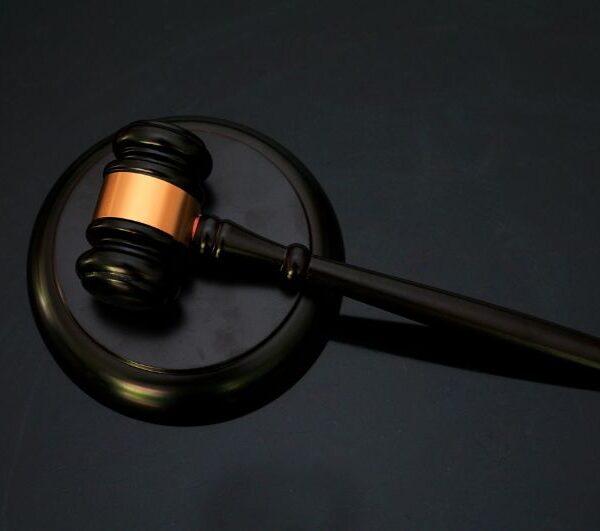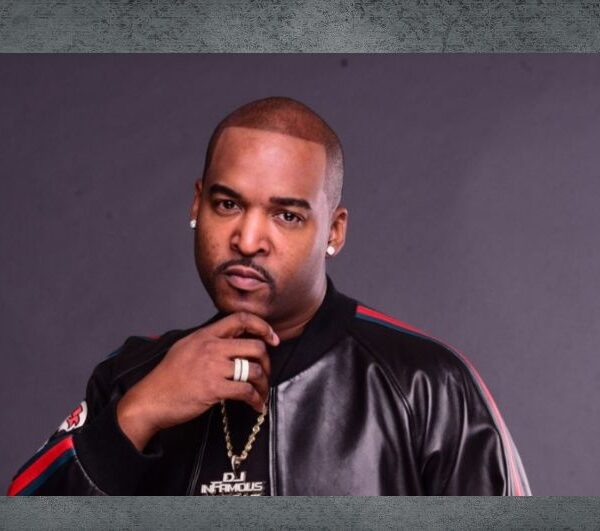
|
Getting your Trinity Audio player ready...
|
By Alric Lindsay
Lance Justin Myles appeared via video link in Grand Court today, November 1, 2024, to face allegations of rape and assault causing actual bodily harm. He pled not guilty to both charges.
Background
Regarding the rape allegation, it was explained in Court that the incident reportedly occurred in August 2024 in George Town when Myles allegedly raped a woman.
The Court added that the allegation of assault causing actual bodily harm also reportedly occurred on the same date as the above incident.
After pleading not guilty to both charges, the judge noted that Myles is remanded in custody to return to Court for trial in February 2025.
Reporting/ Publication restrictions
During today’s proceedings, the Crown asked for a reporting restriction to prevent the publication of anything that may identify the victim. Therefore, no references can be made directly or indirectly in the media (including social media) that may identify the victim.
Notes to readers
Regarding the rape allegation, Myles was charged under section 127 of the Penal Code. This states:
127. (1) A person who rapes another person commits an offence.
(2) A person commits rape if — (a) the person has unlawful sexual intercourse (whether vaginal or anal) with another person who at the time of intercourse did not consent to it; and (b) at the time the person knows that the other person does not consent to the intercourse or the person is reckless as to whether the other person consents to it.
(3) A person also commits rape if the person induces another person to have sexual intercourse with them by impersonating their spouse or civil partner.
(4) If, at a trial for a rape offence, the jury has to consider whether a person believed that the person was consenting to sexual intercourse, the presence or the absence of reasonable grounds for such belief is a matter to which the jury is to have regard in conjunction with any other relevant matters in considering whether the person so believed.
(5) In subsection (4) — “rape offence” means a rape or attempted rape, or aiding, abetting, counselling or procuring rape or attempted rape, or incitement to rape.
(6) For the purposes of this section, a person is deemed not to have consented to sexual intercourse if that person’s acquiescence is obtained — (a) by threat of force or use of force; (b) by means of threats or intimidation of any kind; (c) by fear of bodily harm; (d) by means of false representations as to the nature of the act; or, (e) in the case of a married woman, by personating her husband.
(7) On a trial for rape, the jury may find the accused guilty of — (a) sexual intercourse with a girl under the age of twelve years; (b) sexual intercourse with a girl under the age of sixteen years; (c) indecent assault on a person; (d) administering drugs to obtain or facilitate intercourse; or (e) common assault.
(8) The use in this Act of the word “man” without the addition of the word “boy” or vice versa shall not prevent the provision applying to any person to whom it would have applied if both words had been used and similarly with the words “woman” and “girl”.
Regarding the punishment for rape, section 128 of the Penal Code states:
128. A person who commits rape is liable to imprisonment for life.
Regarding assault causing actual bodily harm, section 216 of the Penal Code states:
216. A person who commits an assault occasioning actual bodily harm commits an offence and is liable to imprisonment for five years.





